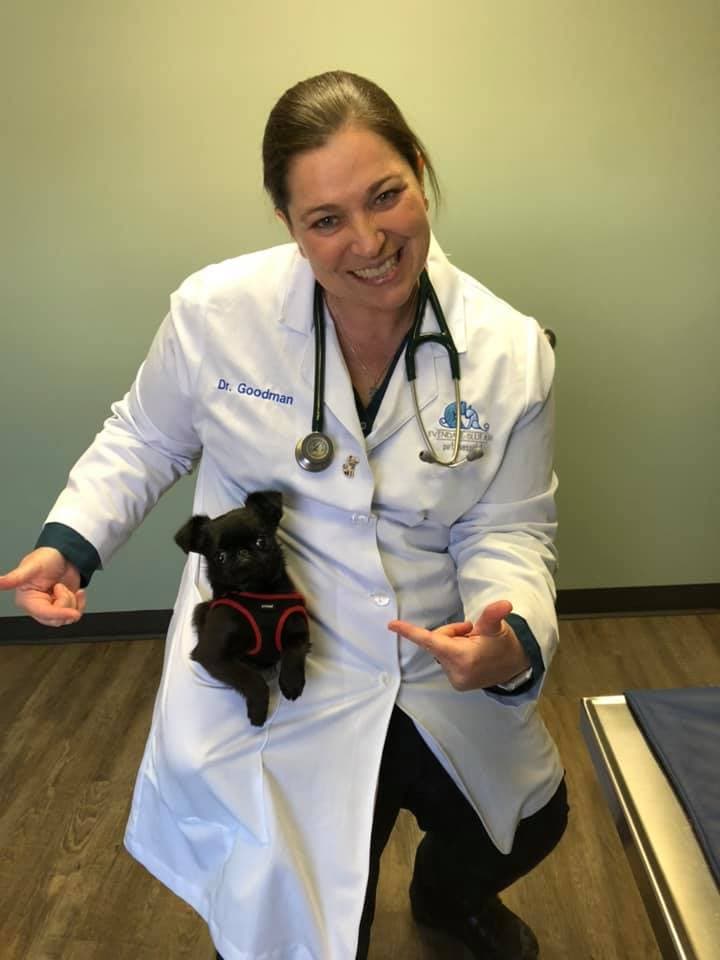Cat Lab Work FAQs Answered by Veterinarians
What Lab Tests Can Tell You About Your Cat’s Health
In addition to a good physical exam and any necessary vaccinations given during a cat’s annual or semi-annual veterinary visit, we in the veterinary field may recommend running some “lab work” or “blood work” for general health screening. We may also advise this if a cat is scheduled to have a surgical procedure done or if a cat has not been themselves lately.
There are many things that can be evaluated in blood tests for cats. All sorts of valuable information can be gleaned regarding the health of your cat by checking it as recommended by your veterinarian.
If you haven’t had your cat’s lab tests taken recently, contact a local veterinarian to make sure you’re doing all you can to ensure your pet’s wellness.
What is “Lab Work” for Cats?
“Lab work” usually includes what we call a “chemistry panel” (chemistry) and a “complete blood count” (CBC). It can also include testing for certain viruses, such as Feline Leukemia Virus (FeLV) and Feline Immunodeficiency Virus (FIV), checking a thyroid level (T4), or checking a urine sample (“urinalysis”) or stool sample (fecal). The chemistry panel evaluates your cat’s kidney and liver values, protein and electrolyte levels, and blood sugar. The CBC evaluates your cat’s red blood cells, white blood cells, and platelet levels. All of these values taken together can give your veterinarian a wealth of information about the health of your cat and whether anything requires follow-up.
What are the Reasons to Check “Lab Work” for Cats?
There are many reasons your veterinarian may want cat bloodwork done, some of which are described below:
Checking a Baseline
If you have a new kitten or adult cat, your veterinarian will likely recommend testing them for FeLV and FIV if they have not had those tests before. This is because there is no treatment for the viruses, they can cause your cat or kitten to be more at risk for other health problems and infections, and they are unfortunately still fairly prevalent in the cat population. Checking a fecal is also important to make sure they don’t have any underlying intestinal parasites that need to be treated.
Even if your cat is young and healthy, checking baseline chemistry and CBC parameters on them is helpful to know what levels are normal. For instance, your cat’s liver values may naturally be at the low end of normal, whereas another cat’s liver values may be naturally high-normal. When checking lab work in subsequent years, if your cat’s liver values start to increase toward high-normal, this would be abnormal for your cat and a warning sign to your veterinarian that they may be in early stages of liver disease.
Prior to Anesthesia or Medications
It is ideal to check blood work prior to putting your cat under anesthesia for a surgical procedure - even for a spay or neuter. This is to make sure that their kidney and liver values are functioning properly to be able to handle the anesthesia. Pre-surgical screening also lets your veterinarian evaluate if there are any changes that need to be made to the anesthetic protocol for your pet to make the procedure safer for them.
There are also certain medications that your cat may need at some point throughout his or her life, such as an anti-inflammatory medicine for pain control, or potentially anti-seizure medications for a seizure disorder. These sorts of medications have the potential to exacerbate underlying problems with the kidneys and liver, so your veterinarian may want to check lab work prior to starting these medications in your pet to make sure kidney and liver values look okay.
Monitoring with Age
As your cat gets older, your veterinarian will most likely want to check their lab work at least every one to two years. For cats, this is typically when they turn about six or seven years old. This is because it is very common for middle-aged to older cats to develop kidney disease, diabetes, and/or hyperthyroidism (overactive thyroid). This can all be detected on yearly blood work screenings, even if your cat isn’t acting sick yet.
As you may already know, most cats don’t always show any signs that they are not feeling well, and oftentimes something can be developing within them without us knowing until it is too late. Checking blood work every year can be a good way to detect a subtle problem early and be able to slow down its progression before it gets too severe.
How is Lab Work Obtained and Performed on Cats?
The procedure for blood tests for cats is very similar to how your doctor may obtain a blood sample from you, using a needle and syringe. It’s a very safe procedure, though it is a little trickier with cats since they have fur covering their veins and they may not just sit still for their blood to be drawn. Therefore, cats do have to be held in a certain way to allow for the collection of the blood sample. Thankfully, it’s usually only for a few seconds to a couple of minutes, and many cats don’t even realize what’s happening.
Depending on the veterinary clinic and the urgency of the test, the blood sample may be analyzed on a blood analyzer within the clinic, or it may be sent out to another laboratory for testing. Usually, the results are sent to your veterinarian’s office within 24-48 hours, unless a specialized test is performed.
If you start noticing subtle changes in your cat’s behavior, appetite, or urination, reach out to a veterinarian near you to get the feline blood tests you need for peace of mind.
Don’t have one yet? Don’t worry! We can help you find a trusted local veterinarian for your cat.
The Following Veterinarians
Contributed To The Cat Lab Work Information On This Page


The Ultimate Guide
to Cat Care
This free guide is an indispensable manual for cat ownership. Filled with veterinary advice and recommendations on every important topic at each stage of your cat's life, this is all the stuff that responsible cat owners need to know. That is why we are making it free!




